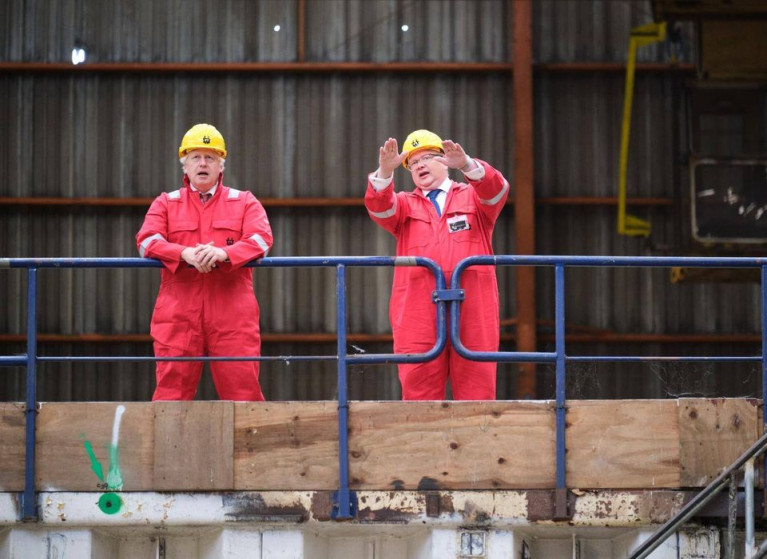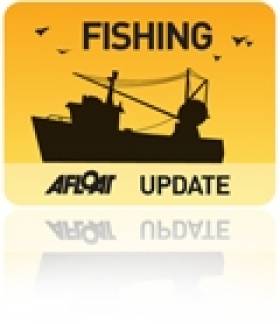Displaying items by tag: employment
H&W Appledore to Host 'Career' Open Days for Prospective Workers At Renamed UK Shipyard
Initial steps to getting local workers back through the gates of Appledore Shipyard in the UK began last week with two careers open days.
New operator Harland & Wolff is hosting to events at the Cornish site for prospective employees on Thursday, September 10 and Friday, September 11.
As NorthDevonGazette reports, the company says they are being held in readiness for ‘highly anticipated new contracts’ and says they will provide the opportunity to meet and speak with existing Harland & Wolff employees who can share their experiences.
The free events will run from 9am on Thursday and 8am on Friday, until 6pm on both days, with one hour time slots that can be booked via the Harland & Wolff website – details below.
The union Unite said it regarded the careers days as the first step in getting shipbuilding restarted as soon as possible at the renamed Harland and Wolff Appledore – but warned that will also need active involvement from the government.
Appledore shipyard was closed in March 2019 by previous owner Babcock after 164 years, with the loss of about 200 jobs.
For more click here in addition for prospective workers you can register here for the Career Open Days.
Afloat adds the shipyard has been renamed H&W Appledore near Bideford from where the last ship built at the south-west England shipyard was ordered by the Irish Government Department of Defence. This led to fourth OPV90 /P60 class L.E. George Bernard Shaw (P54) floated out on the River Torridge.
Titanic Belfast Bosses Want the ‘T Factor’ in Frontline Job Audtions
#TITANIC - Prospective employees at the soon-to-be-opened Titanic visitor centre in Belfast will have to show the ‘T factor’ and give a performance on aspect of the doomed ship’s story, The Irish Times reports.
It’s hoped by bosses at Titanic Belfast that the three-minute scripted ‘interpretative presentation’ - based on one of the centre’s nine galleries - will indicate those candidates with the requisite passion and communications skills for one of the 70 “frontline” jobs up for grabs.
“The audition day will give prospective employees a chance to let their true personalities shine through,” said Titanic Belfast chief executive Tim Husbands.
Titanic Belfast will be one of the largest employers in Northern Ireland’s tourism industry when it opens in March, as well as one of the North’s largest recruiters.
Among its many attractions, it will also bost the region’s largest function suite for conference, weddings and other events, as previously reported on Afloat.ie.
The Irish Times has more on the story HERE.
Seafood Firm Meets Ministers Over Expansion Plans
Minister for Fisheries and Food Brendan Smith and Minister of State Sean Connick have met one of the world’s biggest seafood companies to discuss the potential for expansion of the industry in Ireland, The Irish Times reports.
Marine Harvest, which presently employs 250 people in Ireland and 5,000 worldwide, hopes to produce 10-12,000 tonnes of premium salmon for export from its fish farms in Donegal, Mayo, Cork and Kerry in 2012.
The company sees potential to double its production and employment in Ireland over the next 10 years and discussed with the ministers how the marine infrastructure can best accommodate this.
“I see enormous potential for the expansion of both finfish and shellfish aquaculture," said Minister Connick.































































